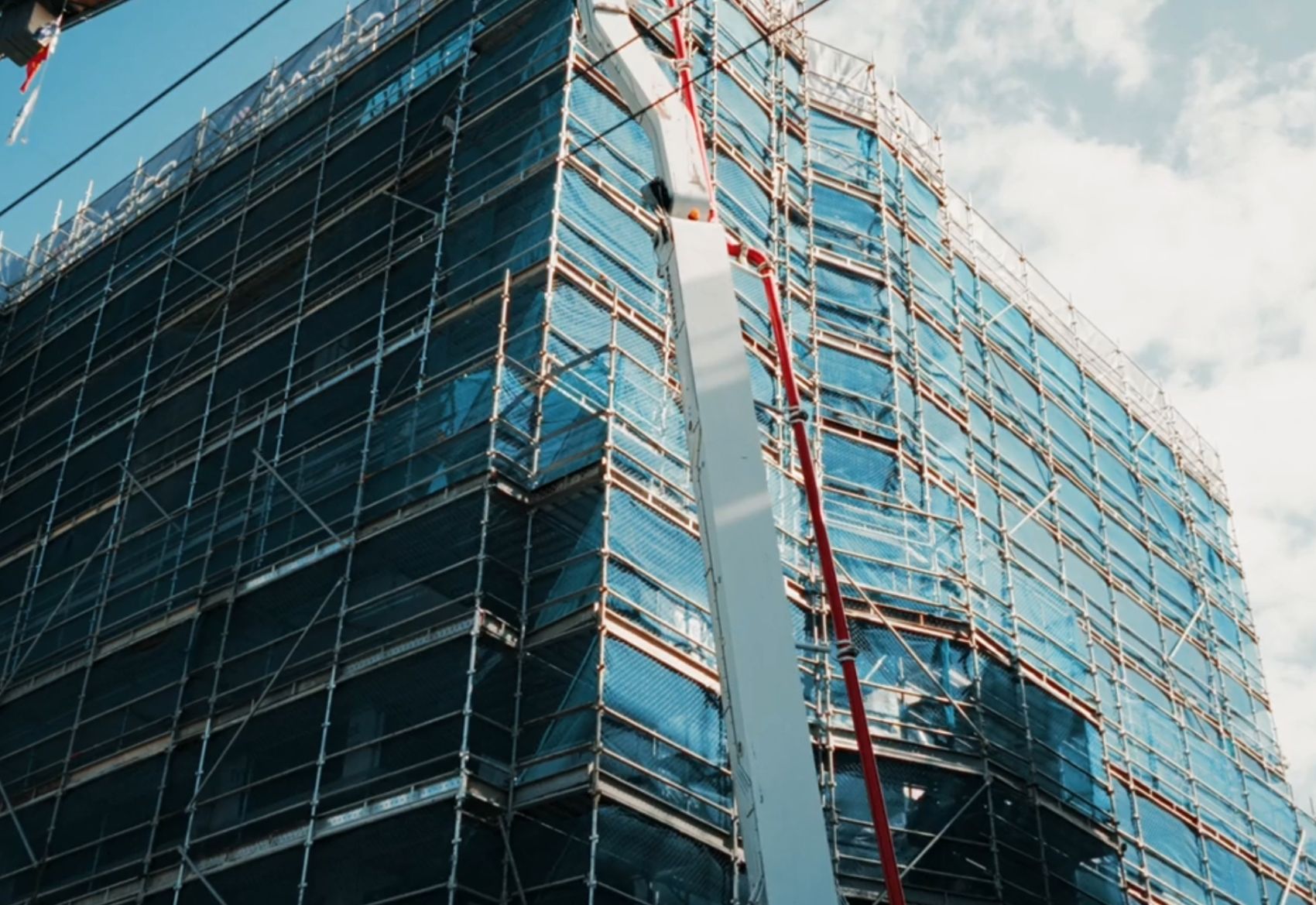Buyer Insights
How deposit and final payment works in off the plan property

Paying a deposit and preparing for settlement are two of the most important steps in any property purchase, but they can feel especially unfamiliar when buying off the plan. With longer timelines and evolving project milestones, it’s worth understanding how the financial process works, so you feel informed, protected and ready at every step.
At LINK, we support buyers through these stages every day, and while the specifics can vary from project to project, the overall process is generally consistent across most developments.
How the deposit works
Once you’ve chosen your apartment or townhouse, and your solicitor has reviewed the contract, it’s time to pay your deposit. In most cases, this will be 10% of the purchase price, although some developers may accept a smaller amount, such as 5%. For some projects, incentives and opportunities like Coposit will be in play, and if you're a first home buyer, be sure not to miss any government support you may be able to access.
Unlike other industries where a deposit may be treated as part payment, in real estate your deposit, whether off the plan or established property, doesn’t go to the developer’s bank account to be spent. It’s typically held in a solicitor’s trust account until settlement. This provides security for the buyer while giving the developer certainty that you’re committed to the purchase.
Importantly, this deposit locks in your price. Regardless of how much property values may change before the building is finished, the amount you pay at settlement is the price agreed in your signed contract.
For many buyers, this stage offers an advantage: time. With construction often taking 12 to 36 months, there’s a window to plan, save, and prepare your finances without the pressure of a 30-day settlement. It is also an opportunity, largely unique to off the plan, for the value of your new home or investment to grow significantly between when you pay your deposit and when you settle.
For some projects, not all, you may also be given the chance to pay a reservation fee, to have your selected apartment 'on hold' for an agreed period while you do your due diligence. If you decide to go ahead, your reservation normally goes towards your deposit. If not, it is usually completely refunded.
What happens between deposit and settlement?
With your deposit paid and contract exchanged, construction begins. During this phase, you’ll likely receive progress updates, but there may be long periods where there’s no action required from you.
That doesn’t mean nothing’s happening. Behind the scenes, your solicitor and mortgage broker should be staying in touch with the developer’s timeline. As completion nears, your lender will need to prepare a formal valuation, reassess your financial position, and finalise the loan approval.
A common misconception is that pre-approval is the final step, but in off the plan purchases, pre-approvals often expire long before settlement as they are typically valid up to 3 months. You’ll need to resubmit financial documents (such as payslips and bank statements), and your lender will conduct a valuation of the completed property to confirm it matches the purchase price. You should aim to complete pre-approval again in under 3 months before completion to lock down loan rates
This is also the time to check if anything in the property has changed. While most variations are minor and allowable under the contract, you have the right to raise questions if you believe something materially differs from what was agreed.
The finish line
As construction reaches completion, the development is formally registered and issued with an occupancy certificate. You’ll have already completed a pre-settlement inspection in the previous period, between deposit and settlement, which was your chance to see the finished property, check that everything aligns with your contract, and identify any issues that need attention.
After that, settlement is scheduled, usually within 14 to 21 days. This is when the remaining balance of the purchase price is transferred, legal ownership changes hands, and you receive your keys.
Your solicitor and lender will coordinate the financial side of this process, ensuring funds are ready, documents are correct, and everything happens within the required timeframe. That can also be one of the most confusing parts of the process for first home owners, especially the fact that you actually need to do very little, your team takes care of it for you. In most instances, you're never seeing the cash the bank will loan you, it goes straight by you from bank to solicitor for disbursement. In your online banking, though, you then should be able to see the new loan account added, as well as offset if you have one, so you can start paying off your mortgage.
From your end, a smooth settlement depends on preparation. That includes:
- Checking your final loan approval is in place
- Confirming stamp duty requirements and ensuring funds are accessible
- Knowing who to contact for post-settlement items, including property management, strata and building services
- Having insurance organised from the day of settlement
The advantage of understanding the process
Off the plan purchases offer flexibility, financial planning timeframes, and the opportunity to buy into a new development early, but they also require clarity, coordination and patience.
By understanding how your deposit is handled, how finance is finalised, and how settlement actually unfolds, you’ll avoid surprises and feel more confident in your decision.
Whether you’re buying your future home or securing a long-term investment, the deposit and settlement process isn’t just a technicality, it’s a key part of making your property journey a success.
At LINK Project Marketing, we support buyers through every step of this process. From signing the contract to collecting the keys, we work with trusted developers and experienced teams to ensure you always know what’s coming next, and what to expect when you get there.
If you'd like to explore any of our current high-quality projects, connect with our team.
*Article image: Willoughby Grounds mid-2004.
Disclaimer:
This article is for general information purposes only and does not constitute financial advice. You should seek independent financial advice from a qualified professional before making any property or investment decisions.
